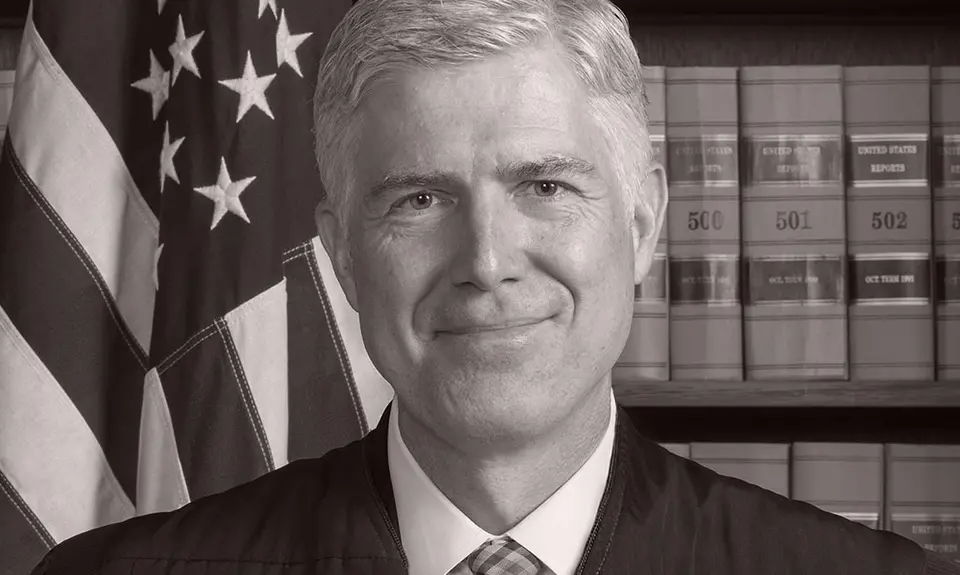The Alliance for Justice, a longtime People For the American Way ally in advocating for a federal judiciary that protects all Americans’ constitutional and legal rights, has published a new in-depth examination of the record of Supreme Court nominee Neil Gorsuch. The report concludes that “on the merits, Judge Gorsuch is not qualified to serve on the Supreme Court.”
AFJ President Nan Aron says that Gorsuch’s legal record as a judge shows a pattern of favoring people and institutions with power at the expense of ordinary Americans: “His vision of America is one in which big corporations run roughshod over working people, women go without safe and accessible reproductive health care, and people with disabilities are relegated to second-class citizenship.”
AFJ summarized the report’s findings this way:
- Worker and consumer rights: Judge Gorsuch embraces an extreme agenda that favors corporations and special interests over everyday people, and joined a ruling (the original Hobby Lobby case) embracing the view that corporations are people.
- Reproductive health care: Judge Gorsuch’s writings suggest that he does not view the right to decide whether to have an abortion as constitutionally guaranteed, in such landmark abortion rights cases as Roe v. Wade. Also, in his rulings and writings, he indicates he would have permitted defunding Planned Parenthood, as well as let corporations deny contraceptive coverage.
- Disability rights: Judge Gorsuch has consistently ruled against rights and protections for people with disabilities, including private sector employees and public school students.
- LGBTQ rights: Judge Gorsuch has openly expressed his disapproval of LGBTQ Americans’ pursuit of equal rights via the federal courts. His ruling in Hobby Lobby, that corporations are people and can claim religious rights, has been used to discriminate against LGBTQ Americans.
- Immigration: Judge Gorsuch habitually takes a dim view of immigrants’ legal claims in agency proceedings and against law enforcement authorities, typically ruling against immigrants in these cases.
- First Amendment: Judge Gorsuch’s view of monetary political contributions as a form of free speech deserving the utmost constitutional protection would dramatically increase the influence of money in politics. At the same time, his rulings and writings have shown strong support for allowing various forms of religious displays by government authorities.
- Criminal justice: Judge Gorsuch’s views on criminal justice are harsh. He has often sided with police on excessive force claims, dismissed the harm caused by a botched execution, repeatedly declined to hold government authorities accountable for improper searches of people and property, and maintained a very limited view of federal appellate courts’ ability to review convictions, including in death penalty cases.
- The environment: Judge Gorsuch’s legal philosophy on environmental regulation places him firmly on the side of polluters versus agencies charged with protecting clean air and water. In addition, he has repeatedly turned away challenges by environmental groups seeking to protect natural resources and public land.
